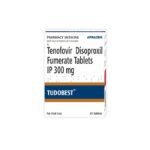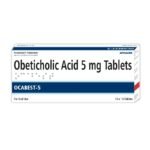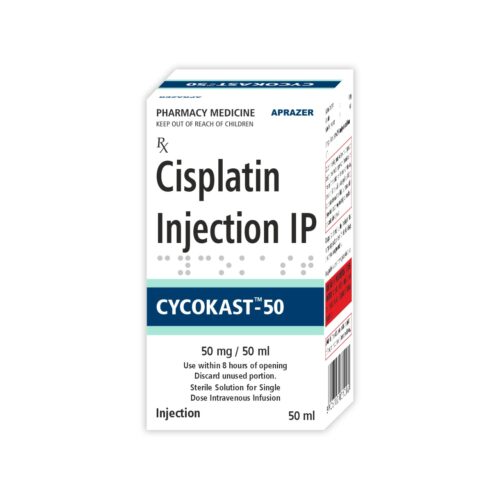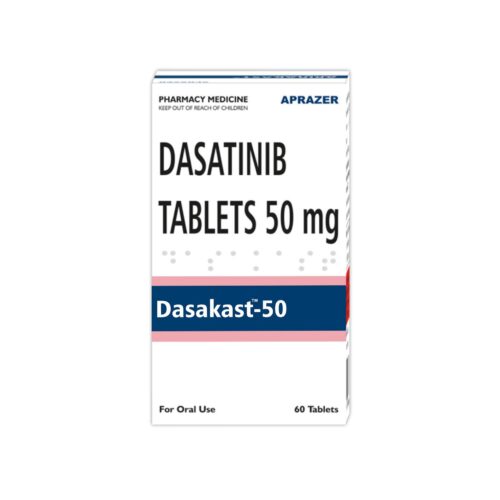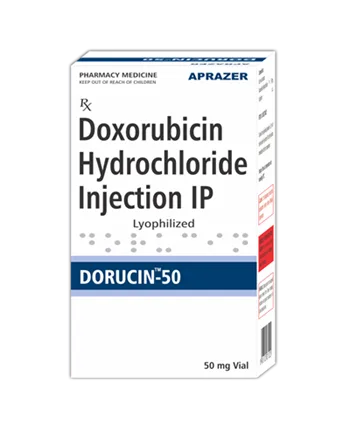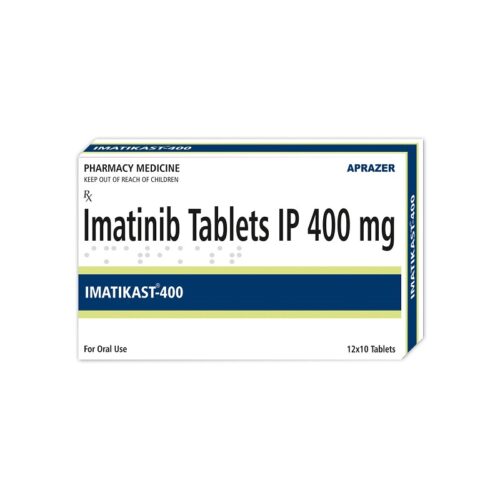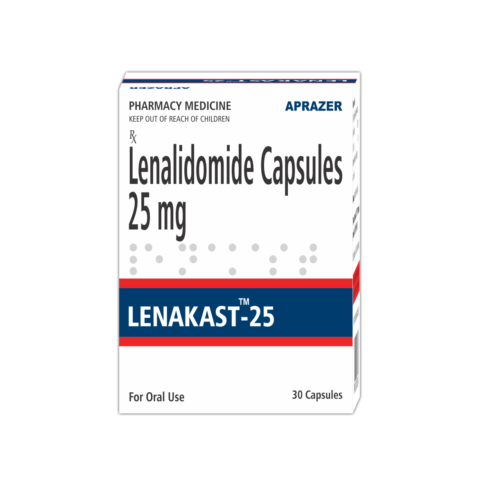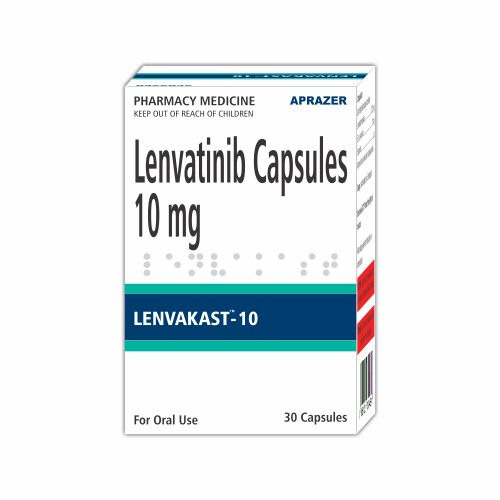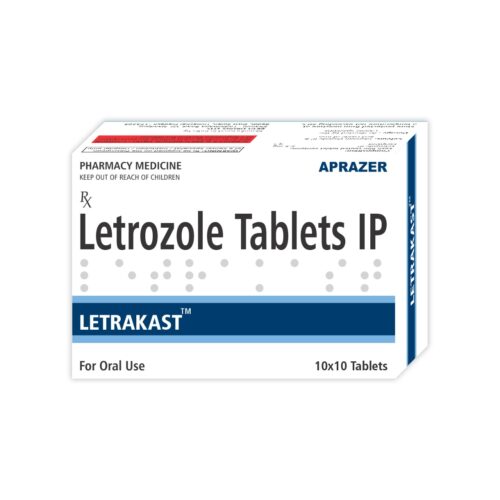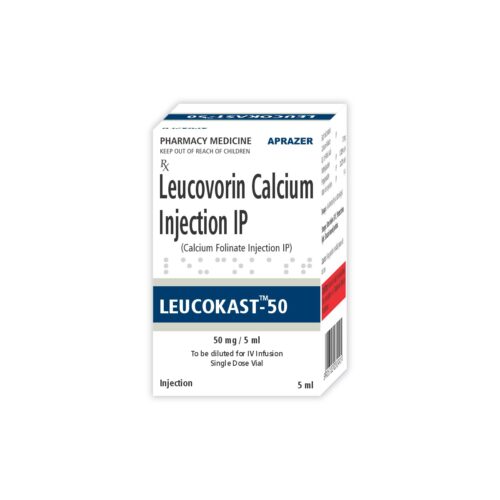Capekast
Capecitabine Tablets IP 500 mg
Thank you for your enquiry. We will get back to you shortly!
Description
Capekast
Composition: Capecitabine – 500 mg
Therapeutic Class: Antimetabolite
Capekast
Capekast is a well-established Capecitabine formulation trusted worldwide by oncologists, offering an affordable, effective treatment for various cancers, including breast cancer, colorectal cancer.
Aprazer Healthcare: Proven Affordable Oncology Medicines
Aprazer Healthcare, the leader in oncology medicine manufacturing, offers affordable, advanced cancer care medicines.
- • International Quality Standards – WHO-GMP certified
- • Affordable life–saving medicines
- • Available in 50+ countries
What is Capekast?
Capekast is an oral chemotherapy drug that is used against various cancers.
Uses of Capekast
- • Breast cancer
- • Colorectal cancers
- • Stomach cancers
How does Capekast work?
Capekast is a prodrug, gets activated inside the body to form 5-fluorouracil. It selectively targets tumor cells and inhibits DNA formation.
Common Side Effects
- • Redness, swelling in hands, palms
- • Loose watery stools
- • Tiredness
- • Painful ulcers in the mouth
- • Low blood count
- • Loss of appetite
- • Elevated liver enzymes
Serious Side Effects
- • High fever, chills
- • Bleeding
- • Dehydration
- • Severe skin rash
- • Bone marrow suppression
- • Cardio toxicity – chest pain, irregular heartbeat
- • Liver toxicity – jaundice, yellowish skin and urine coloration
Precautions
To be used cautiously in patients with pre-existing:
- • Heart problems
- • Liver dysfunctions
- • Elderly patients
- • Kidney disorders
- • Ongoing Myelosuppressant medicines
Contraindications
Not to be used if –
- • Hypersensitive or allergic to capecitabine or any excipients
- • Severe kidney impairment
- • Breastfeeding mothers
- • Pregnant women
Warning
To be used under the supervision of a medical practitioner or oncology specialist, having adequate diagnostic and monitoring facilities.
Dihydropyrimidine Dehydrogenase (DPD) enzyme deficiency can cause drug accumulation and toxicity.
Important Safety and Monitoring Information
Monitor regularly:
- • Symptoms of diarrhea
- • Dehydration – electrolyte balance
- • Total blood count
- • Bleeding risks
- • Hand-foot syndrome
- • Kidney functions
- • Cardiac functions


